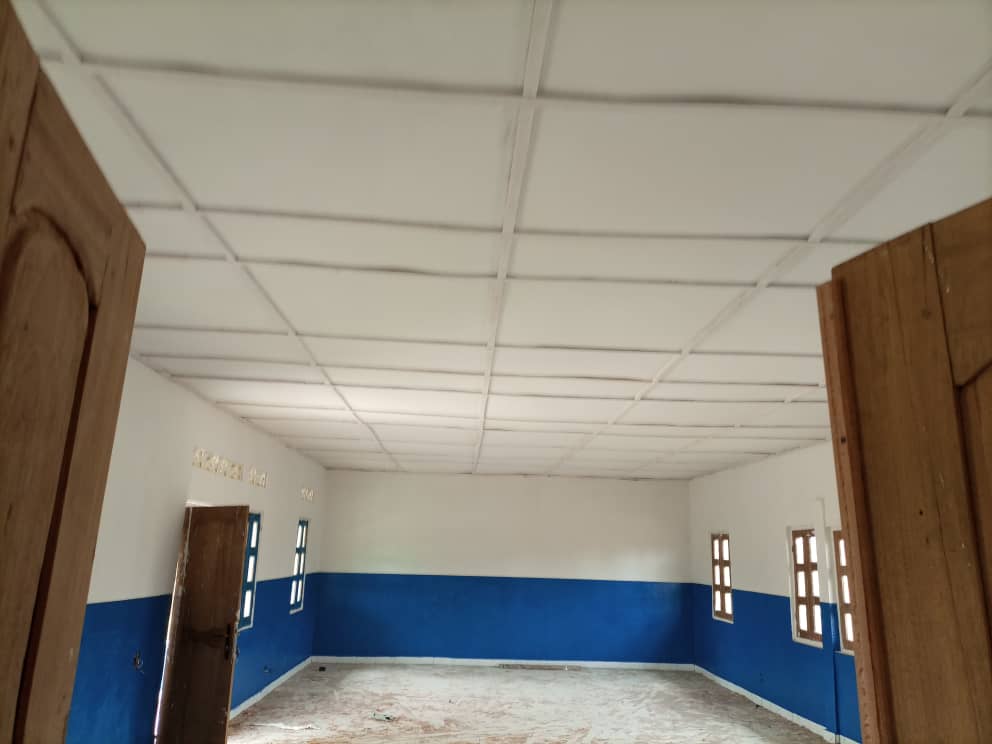
Une nouvelle maternité dans la Concession Forestière des Communautés Locales de la Rivière Mbali (CFCL-RM)
L’ONG congolaise Mbou-Mon-Tour (MMT) a récemment réalisé un projet significatif en construisant une maternité dans la province de Mai-Ndombe. Cette initiative vise à préserver les bonobos tout en améliorant la santé maternelle au sein des communautés locales.
Située dans le village de Nko, la maternité financée par MMT est un pas important vers la protection de la biodiversité et la santé des femmes enceintes. Le bâtiment, d’une longueur de 16 mètres et d’une largeur de 6,5 mètres, comprend trois salles essentielles : une salle d’accouchement, une salle pour les médecins et les accoucheuses, ainsi qu’une grande salle avec 16 lits pour les femmes.
Avant cette construction, la région souffrait d’un manque criant de services obstétriques, ce qui mettait en danger la vie des mères et des nouveau-nés. Les conditions précaires dans lesquelles les femmes accouchaient étaient un facteur de décès maternels et infantiles. Consciente de cette réalité préoccupante, MMT a utilisé les fonds du Prix Ashden 2021 pour financer la maternité dans le cadre du projet « Intégré santé et Environnement« .
La localisation stratégique de la maternité à Nko permet de répondre aux besoins sanitaires de plusieurs villages de la région qui ont dédié une partie de leurs terres forestières à la protection des bonobos, grâce aux Concessions des Forêts des Communautés Locales (CFCL). Cette initiative soutenue par MMT favorise la coexistence harmonieuse entre la préservation de la biodiversité et le développement local.
Les travaux de construction ont duré 15 mois et ont été supervisés par Innocent Leti, Coordonnateur local de Mbou-Mon-Tour. Il se réjouit de l’impact positif que cette maternité apportera en améliorant la qualité de vie des femmes enceintes et en offrant des soins adaptés.
En parallèle, MMT prévoit un programme d’amélioration des compétences du personnel médical en santé maternelle et infantile dans la zone de santé de Nko. La sensibilisation des femmes et des jeunes filles à la santé sexuelle et reproductive sera également au cœur de ce projet d’envergure.
Cependant, pour garantir des normes hospitalières modernes, l’appui des partenaires et des personnes bienveillantes est sollicité. MMT a besoin de soutien pour équiper cette maternité et ainsi améliorer la santé maternelle et infantile dans la région.
Tant les futures bénéficiaires que le personnel soignant attendent avec impatience l’ouverture de cette maternité qui se conformera aux normes en vigueur en République Démocratique du Congo. L’initiative de Mbou-Mon-Tour, visant à préserver les bonobos et à soutenir la santé maternelle, est un pas crucial vers un avenir durable pour les communautés locales de la province de Mai-Ndombe.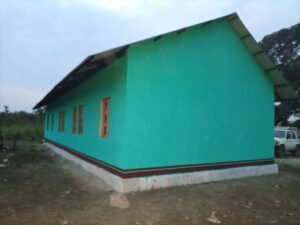

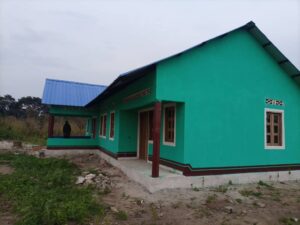
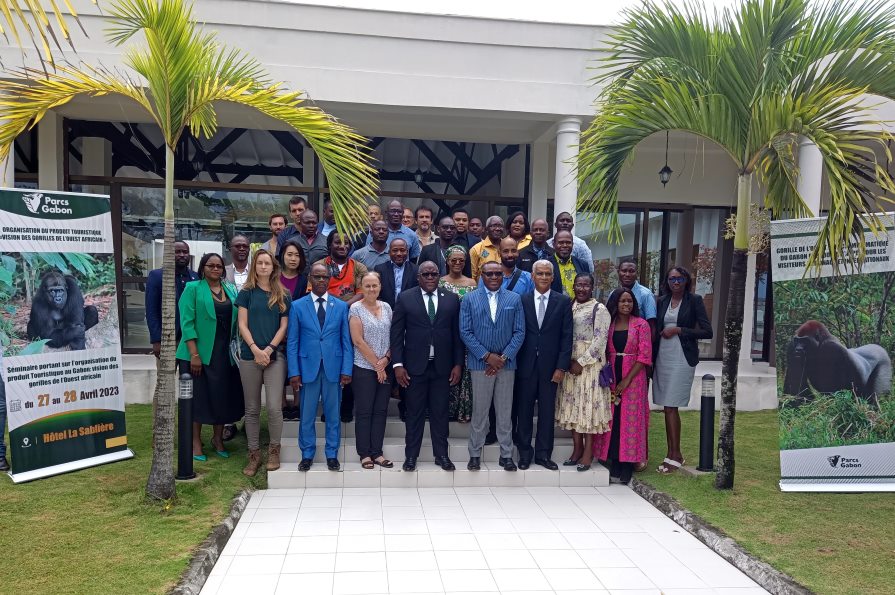
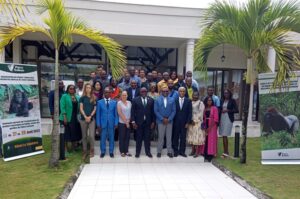
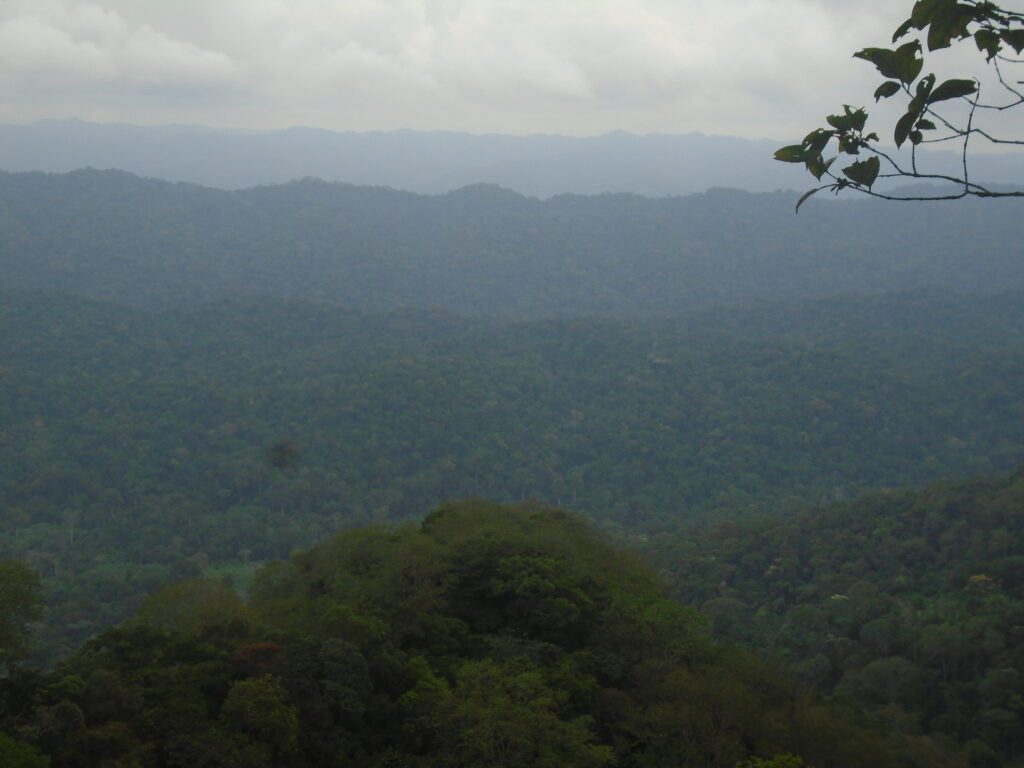
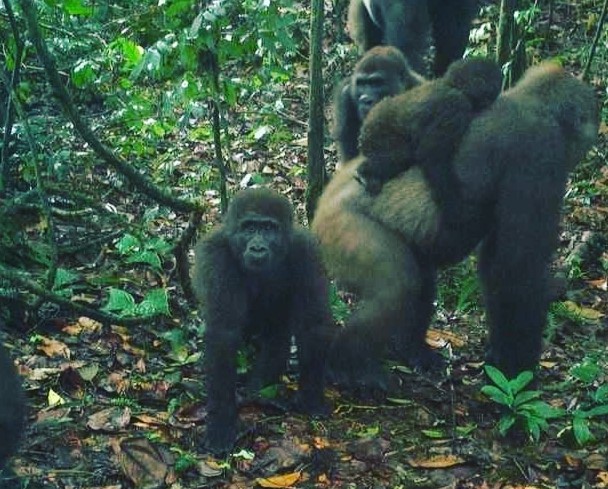
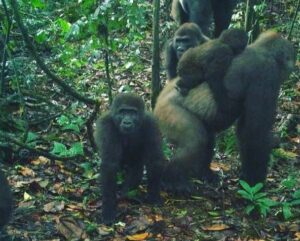

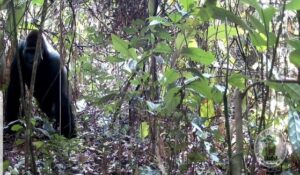
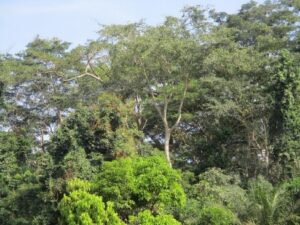
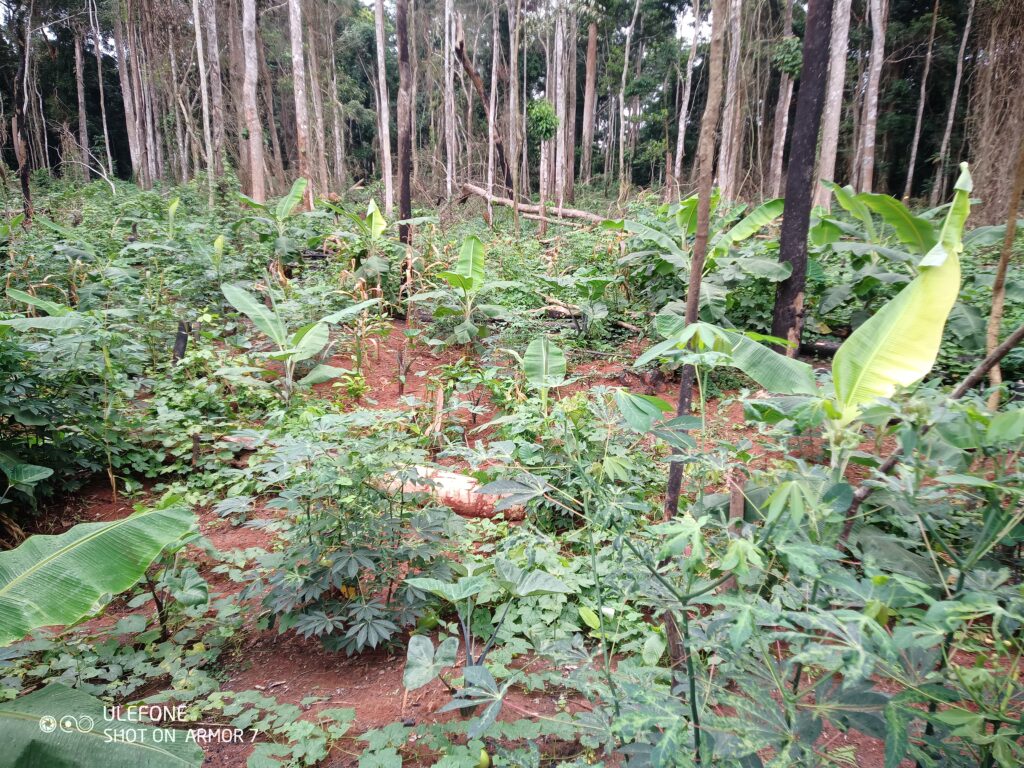
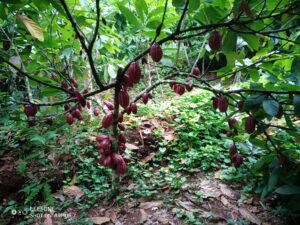
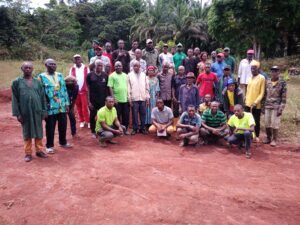
Commentaires récents